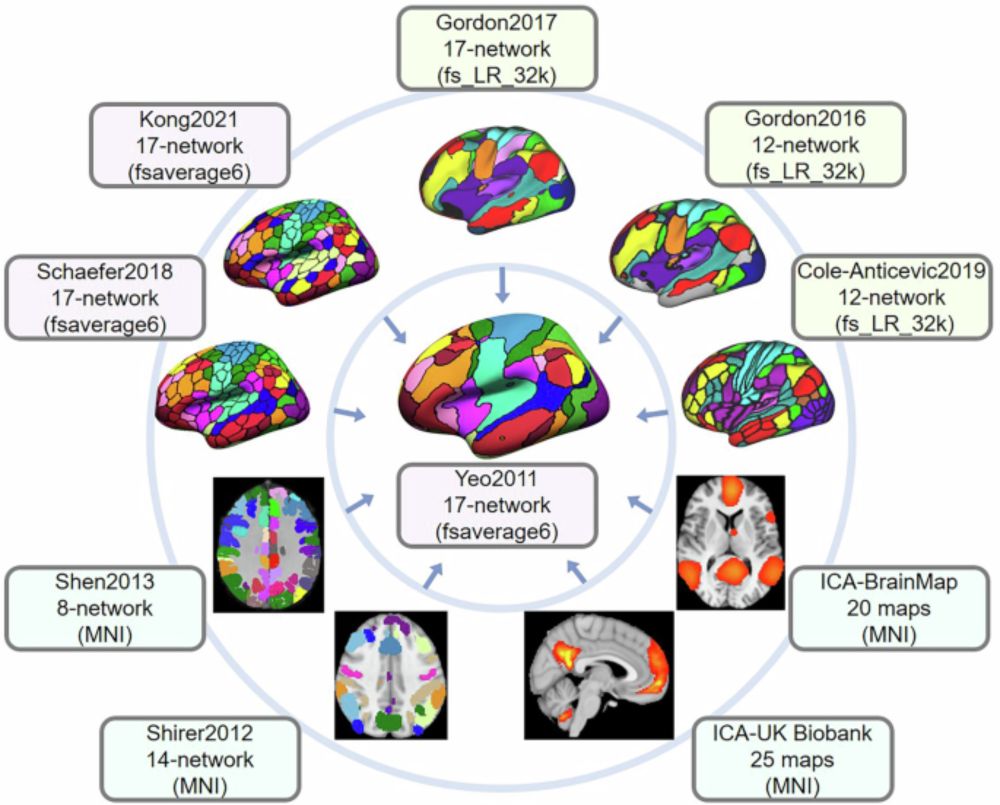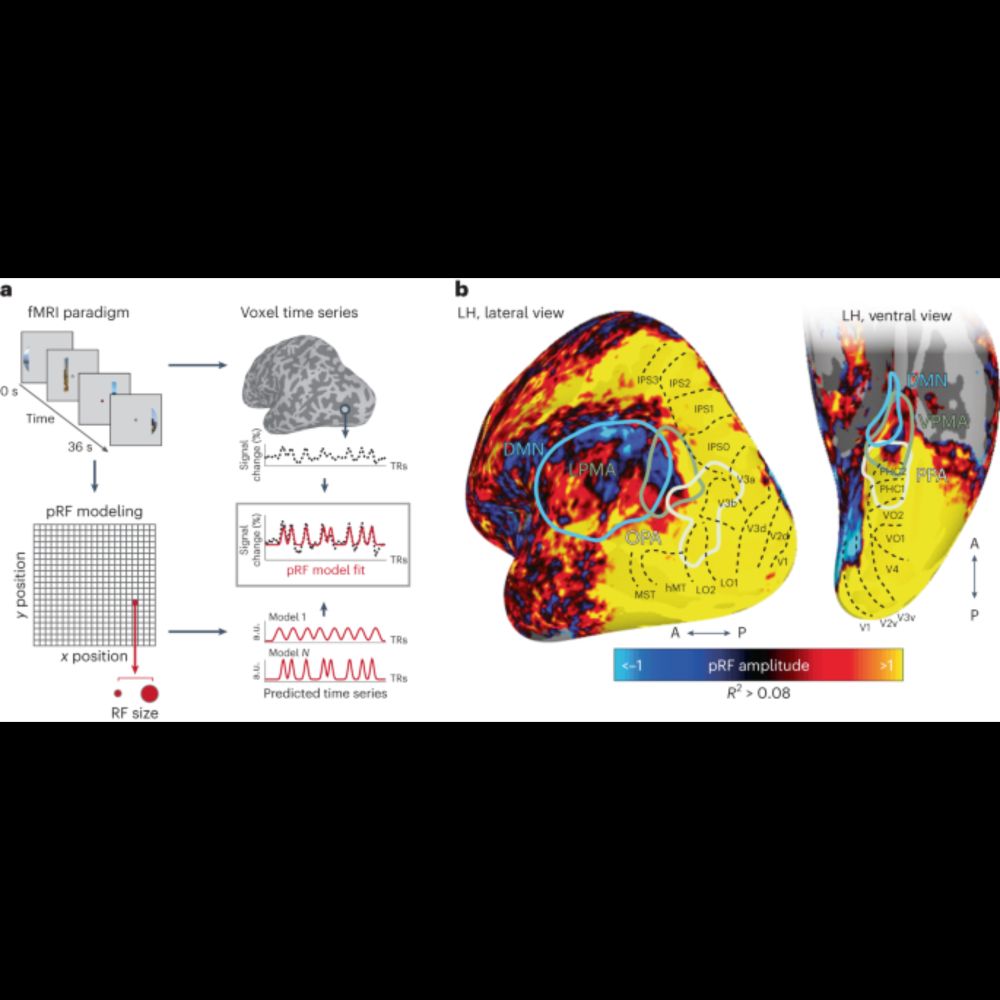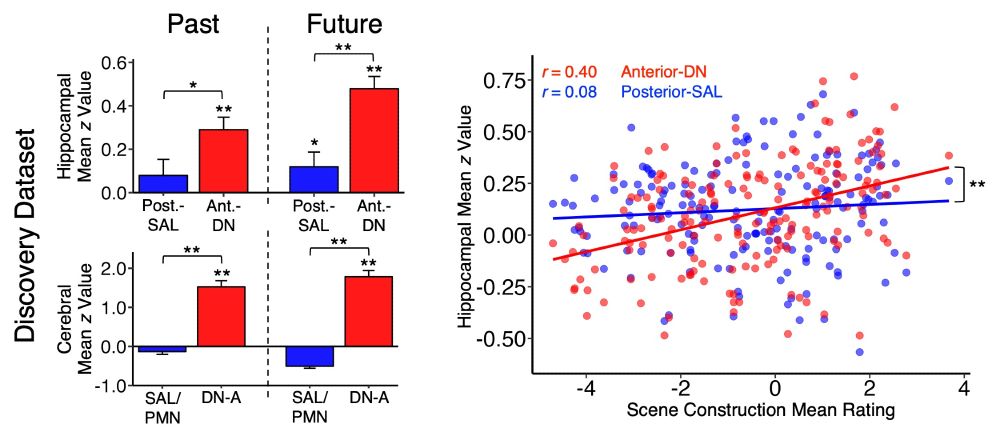Peter Angeli
@pangeli95.bsky.social
50 followers
80 following
7 posts
Postdoctoral researcher at Dartmouth studying the hippocampus, memory, and perception | Robertson Lab
Posts
Media
Videos
Starter Packs
Reposted by Peter Angeli
Reposted by Peter Angeli
Reposted by Peter Angeli
Thomas Yeo
@bttyeo.bsky.social
· Mar 26

A network correspondence toolbox for quantitative evaluation of novel neuroimaging results - Nature Communications
Here, the authors present the Network Correspondence Toolbox, which enables researchers to examine and report spatial correspondence between their neuroimaging results and widely used brain atlases.
www.nature.com
Reposted by Peter Angeli
Rodrigo Braga
@rodbraga.bsky.social
· Feb 28
Reposted by Peter Angeli
Reposted by Peter Angeli
Jingnan Du
@jingnandu.bsky.social
· Feb 26

Within-Individual Precision Mapping of Brain Networks Exclusively Using Task Data
Precision mapping of brain networks within individuals has become a widely used tool that prevailingly relies on functional connectivity analysis of resting-state data. Here we explored whether networ...
www.biorxiv.org
Reposted by Peter Angeli
Peter Angeli
@pangeli95.bsky.social
· Jan 14
Reposted by Peter Angeli
Adam Steel
@neurosteel.bsky.social
· Jan 2

A retinotopic code structures the interaction between perception and memory systems - Nature Neurosc...
The authors show that functionally paired visual and memory brain areas share a common neural code, which structures their communication. This code is visual in nature and uses a push–pull dynamic t...
www.nature.com
Peter Angeli
@pangeli95.bsky.social
· Dec 20







